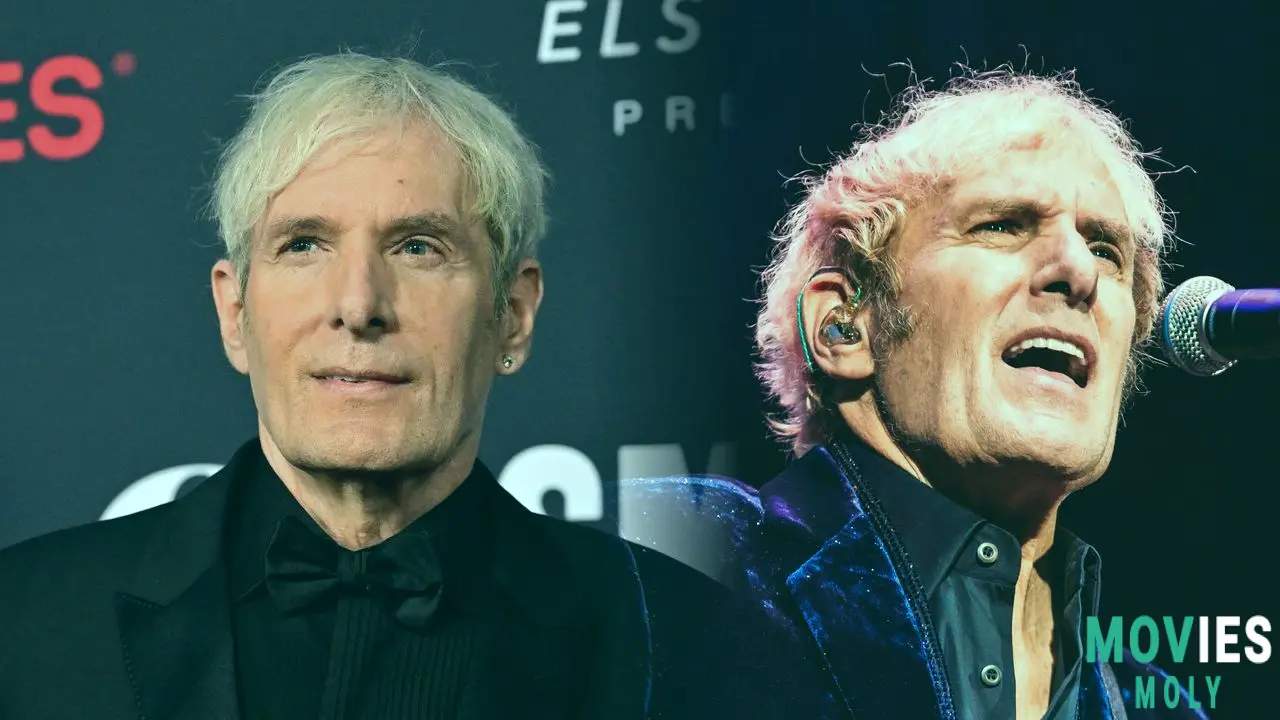In a story that reads like a powerful origin tale from the pages of a Marvel comic — minus the spandex but no less heroic — Michael Bolton, the iconic powerhouse behind hits like “How Am I Supposed to Live Without You,” has stepped into the spotlight, not with a new ballad, but with a deeply personal revelation. At 72, the Grammy-winning singer is bravely sharing his battle with glioblastoma, a rare and aggressive form of brain cancer, and in doing so, is transforming his legacy from one of soulful love songs to unshakable resilience.
From Emergency Surgery to Emotional Revelation: The Timeline of Bolton’s FightBolton’s diagnosis came in late 2023, after a series of unsettling health episodes that even his family admits crept up under the radar. While on a charity trip to Richard Branson’s Necker Island, Bolton experienced nausea and balance issues. A subsequent fall after Thanksgiving raised alarm bells. “We missed so many things,” his daughter Taryn reflected, recalling the gradual realization that something was seriously wrong.
By December, Bolton underwent emergency brain surgery to remove a tumor. The operation, though lifesaving, couldn’t excise the entire mass. A second surgery followed in January 2024, this time to address an infection. Radiation and chemotherapy treatments wrapped up in October. Now, Bolton faces bi-monthly MRIs — a constant watchfulness against a disease with a grim 90% recurrence rate.
“Ain’t Going Down Without a Fight”: Bolton’s New Anthem for Survival
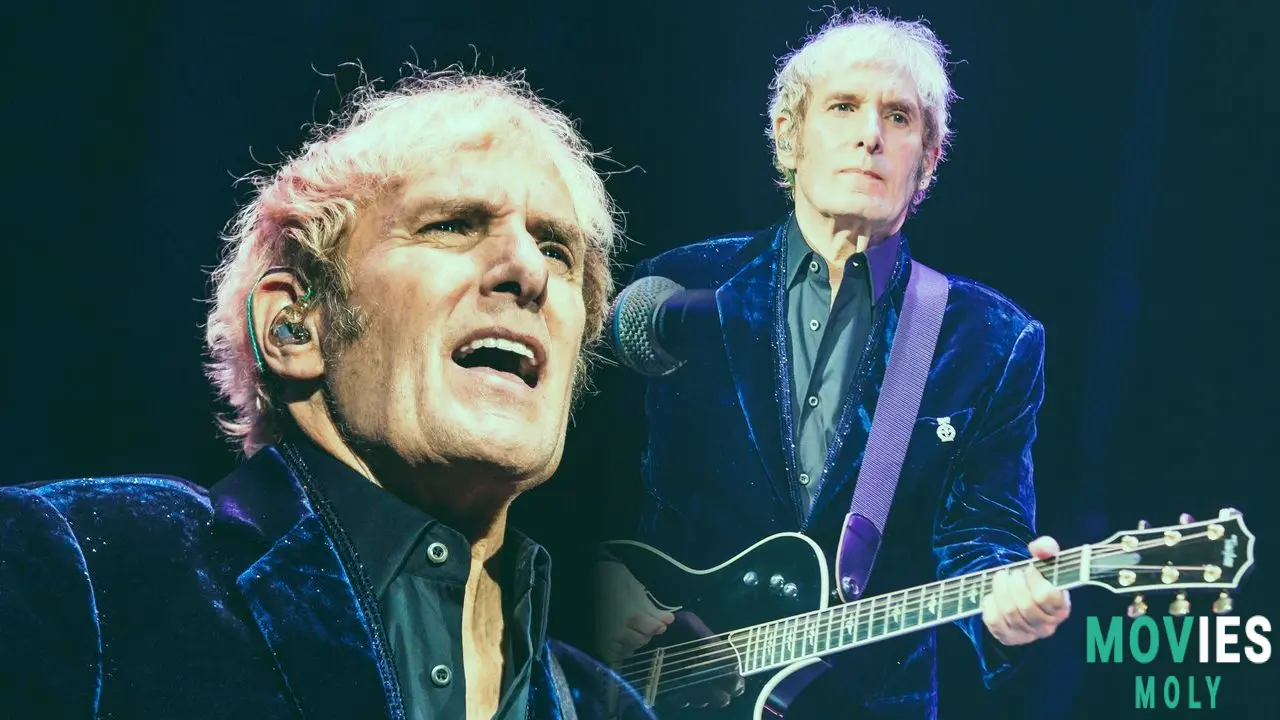
What makes Bolton’s story especially compelling is not the diagnosis itself — glioblastoma is known for its brutality and swift progression — but how he’s chosen to confront it. In an exclusive interview with People, Bolton described the experience as a “duel” with his own mortality. “Succumbing to the challenge is not an option,” he said. “You’re reaching into your resources and your resolve in a way that you never would have thought… I guess that’s the way you find out what you’re made of.”
And like any true hero—whether from Gotham, Wakanda, or the streets of Fast & Furious—Bolton isn’t just surviving; he’s preparing for his next battle. He even shared a working title for a new song inspired by his journey: “Ain’t Going Down Without a Fight.” It’s a line that sounds like it was ripped straight from a Marvel post-credits scene, signaling that this may be just the beginning of a new chapter in Bolton’s career.
Memory, Speech, and Mobility: The Physical Toll That Can’t Silence His Spirit
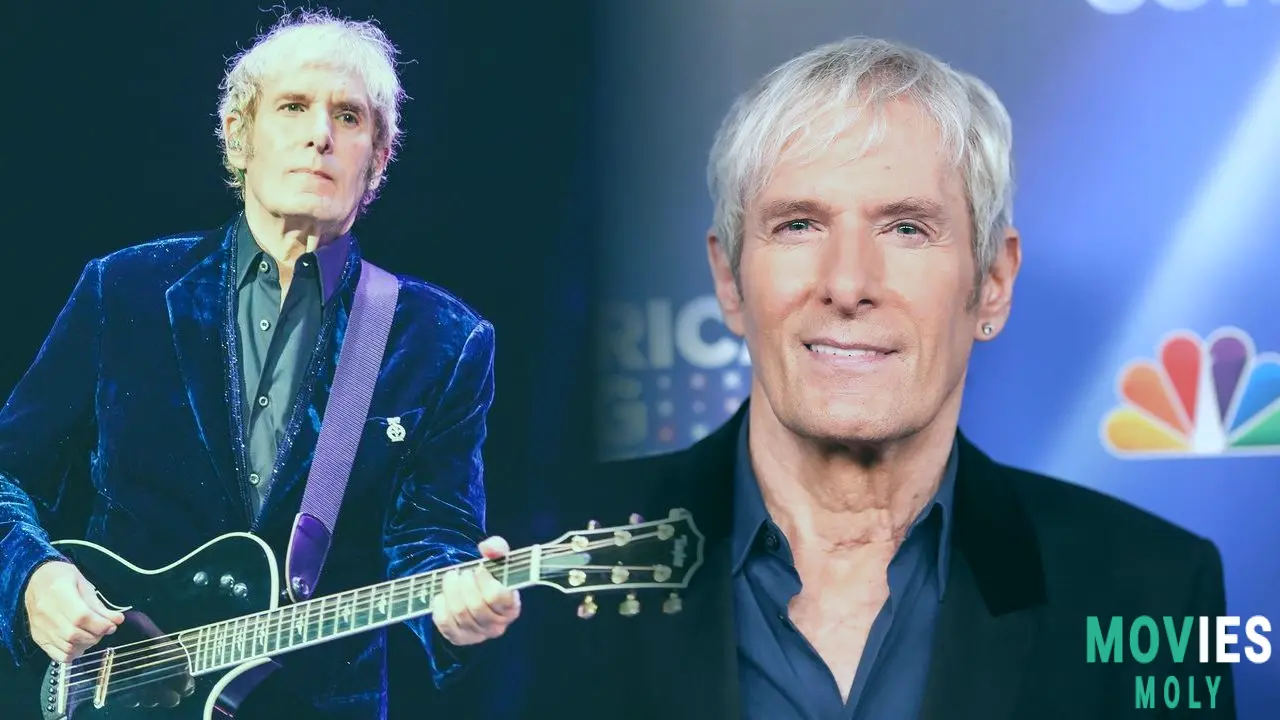
Glioblastoma hasn’t just tested Bolton’s emotional grit; it’s impacted his short-term memory, speech, and mobility. Yet, even as these symptoms pose daily challenges, Bolton continues to sing. He takes voice lessons. He engages in voice therapy. There’s a cinematic quality to this image — a warrior clinging to his weapon (in this case, his voice) even when his body fights against him.
It’s a reminder of Tony Stark tinkering in his lab after injury or Bruce Wayne training relentlessly despite his pain. Bolton’s refusal to give up his voice is more than symbolic; it’s a lifeline.
Finding Strength in Family, Laughter, and Legacy

Since stepping back from touring, Bolton has been anchored by his family in Westport, Connecticut. His six grandchildren — Amelia, Olivia, Dylan, Grayson, River, and Jack — provide him with a “certain amount of light,” as he puts it. “This is a house of laughter, thankfully,” Bolton said. It’s a phrase that echoes with hope. In a world often fixated on illness and decline, Bolton offers a different narrative: one of joy, presence, and intentional living.
“How do I give things that they can take forward? Life lessons, love, any kind of validation that I can give [them],” he questioned. It’s a sentiment that strikes at the core of what heroism really means — not fame, not victories, but legacy. What do you leave behind when the final curtain falls? For Bolton, the answer is clear: love, music, and a fight never surrendered.
Turning a Dark Diagnosis into a Beacon of Hope for Others
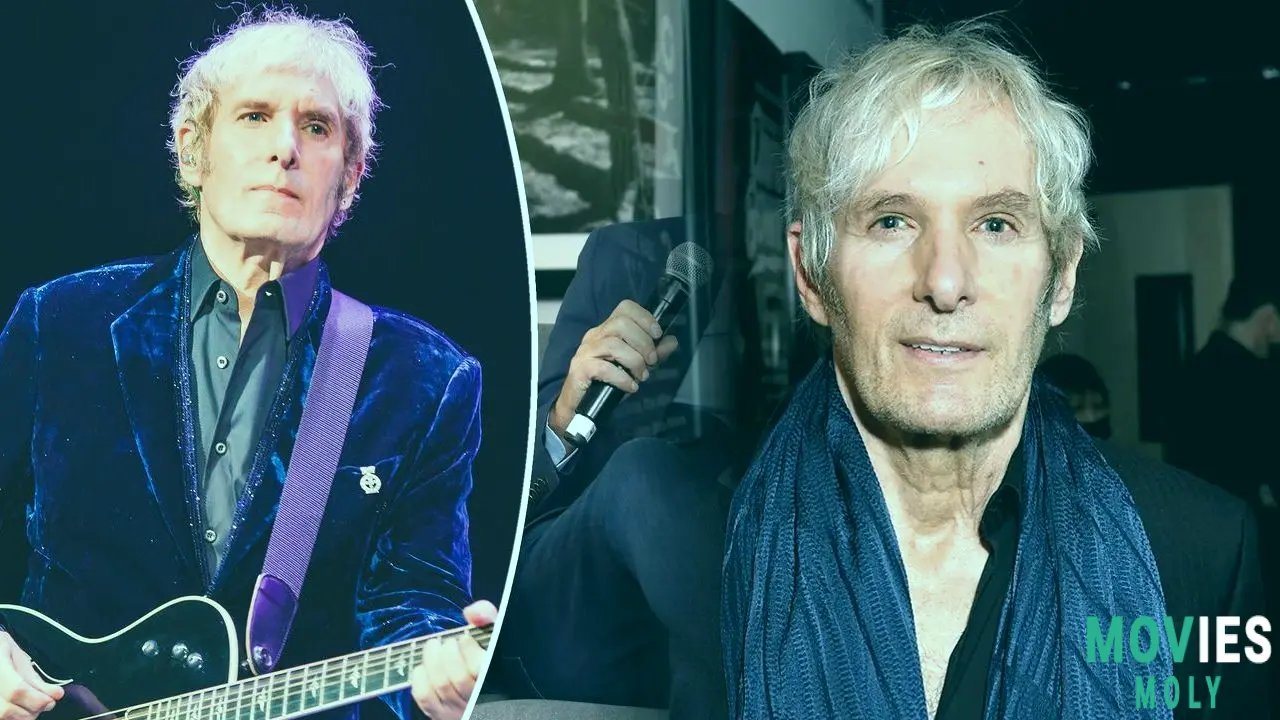
Perhaps the most powerful element of Bolton’s story is his desire to help others through his honesty. He intentionally hasn’t received a prognosis, refusing to let numbers define his journey. Instead, he focuses on connection. “Whenever you find yourself in any kind of challenging position, just to know that you’re not alone going through it is a big deal,” he said. “It actually helps people to know. It reminds them that they’re not alone.”
In a genre often filled with metaphorical battles against cancer, trauma, and loss, Bolton’s real-world fight adds a layer of gravitas to his already emotive discography. He’s not just asking fans to listen — he’s inviting them to stand with him.
A New Chapter in a Five-Decade Career — and a Mission Beyond Music
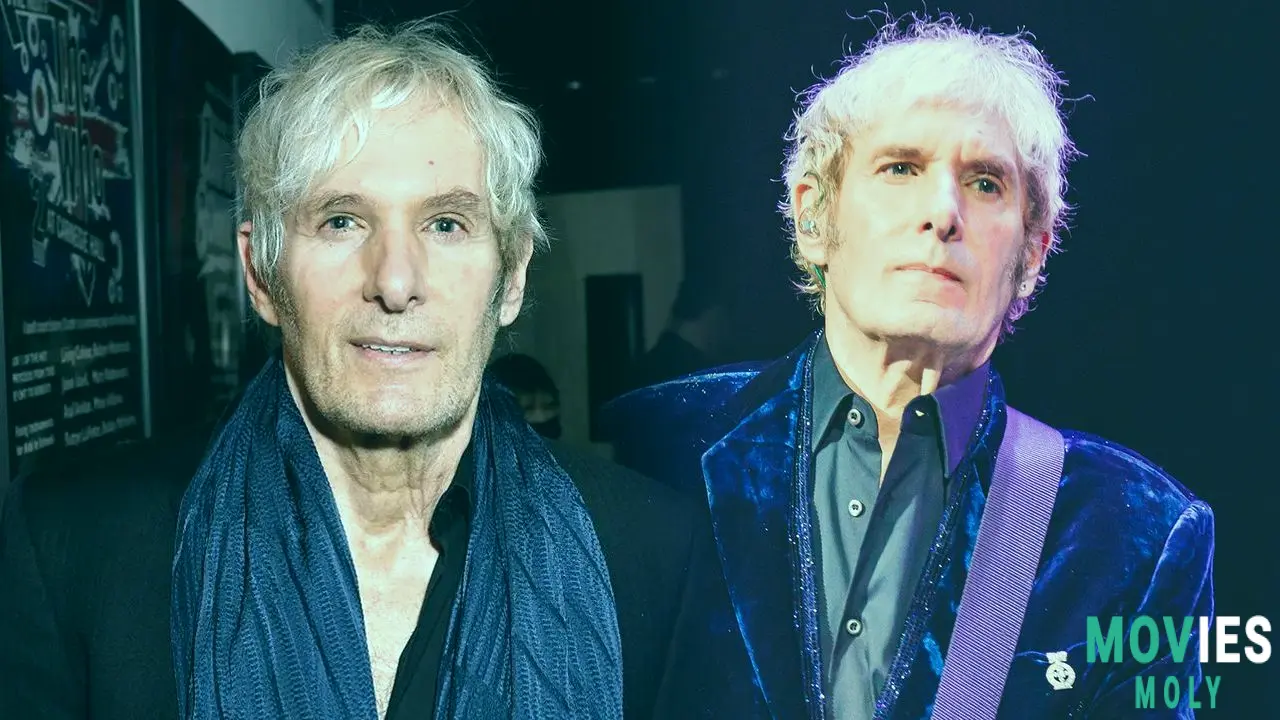
Bolton’s journey through glioblastoma intersects with an impressive milestone: a career spanning five decades, two Grammys, and a deep connection to Detroit’s musical soul. His 2018 documentary American Dream: Detroit showcased his passion not just for music, but for stories of revival and resilience. Now, he’s living one of those stories himself.
As he looks toward the future, Bolton isn’t just hoping to survive — he wants to thrive. “I want to keep going. I feel there’s still a lot to do on the fight side,” he said. With a new song title and a renewed sense of purpose, Michael Bolton’s battle with brain cancer may very well become the spark for his most meaningful work yet.

